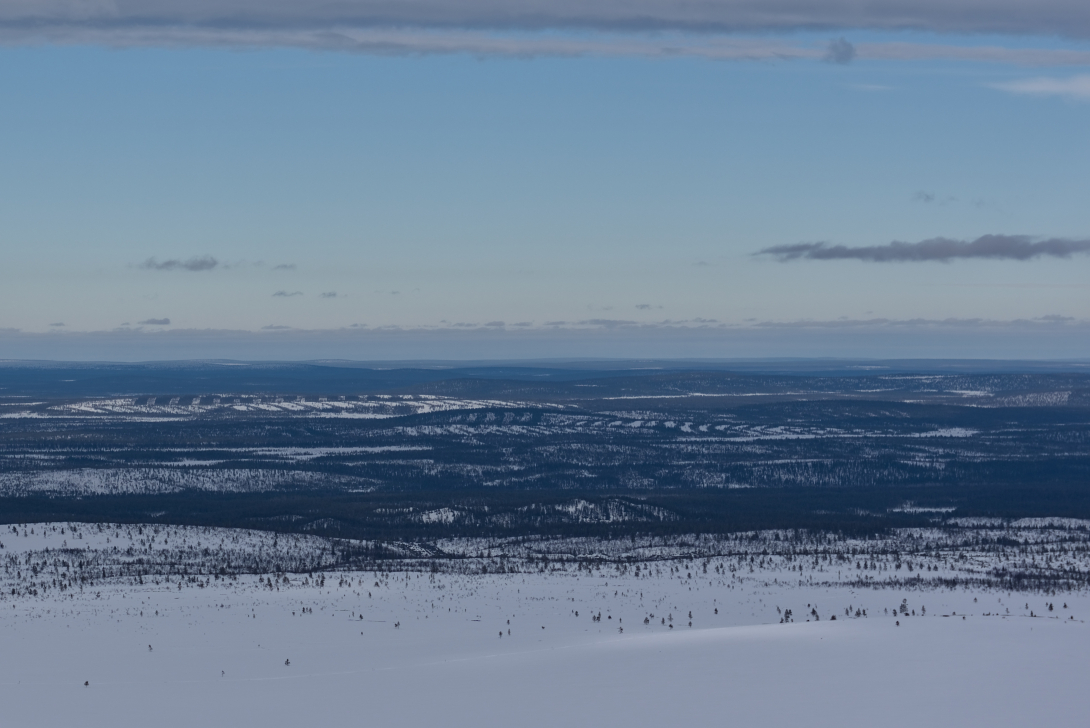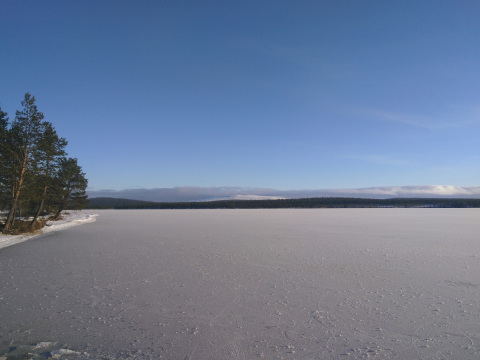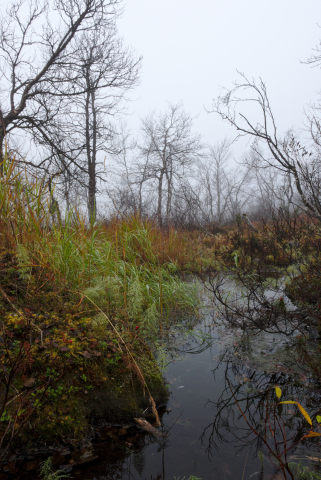"The unregulated, effectively lawless framework of global finance attracts and empowers a new category of criminals and psychopaths, especially now, with fewer or no constraints on the looting of social wealth and natural resources." (Jonathan Crary: Scorched Earth)
What if it happened that some rich guy decided to buy up all the private forests in the north that money could buy. Surely someone who has forestry as a game and has pockets full of money could get such an idea and carry it out, unless local opposition or legislation can stop them. He would then have the sacred rights of a landowner, as well as the right to draw a road through other forests to his property. The state even financially supports the building of forest roads, often no matter how much other landowners and local livelihood operators may object.
The rich have their own plans for Lapland, we locals have our own plans and dreams and illusions, which the aforementioned will shatter at the first opportunity. After all, I've heard the mining industry talk about the place: 'It's easy to dig here, this is the new Eldorado'. And I have personally heard a forestry industrialist from the south rant: "The Sámi think they own the whole of northern Lapland. They complain as soon as one moss is broken."
Let us recap: the tyranny of current generations is the disproportion in which the currently living do not need to hear the voice of those who come after them and suffer the consequences of their actions. Colonialism is when a powerful conqueror comes from elsewhere, exploits the natural resources of the region, destroys the environment and at the same time becomes even more prosperous.
Both are about the fact that the destruction does not directly affect the investor (or so he imagines, not understanding the basics of ecology and the reality of the earth's sustaining capacity): the “economic winner” is separate from the local population (present and future) who carry on living with the devastated nature that remains.
All you have to do is travel across the border to Sámi land on the Swedish side of the border to see the plight of the wilderness. This can be a reality here too. Despite the national parks and the peatland reserves, this can be destroyed. Even if the areas with the highest protection status were excluded from forestry and mining, the landscape and way of life could be totally different. Although higher than in the rest of the country, the percentage of protected areas is ultimately low. It is not enough to support hunting, fishing and other livelihoods that rely directly on nature. The protected islands are not even sustaining themselves as isolated units…



